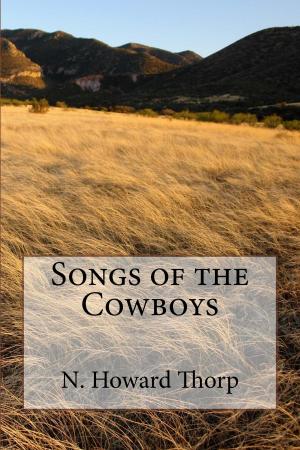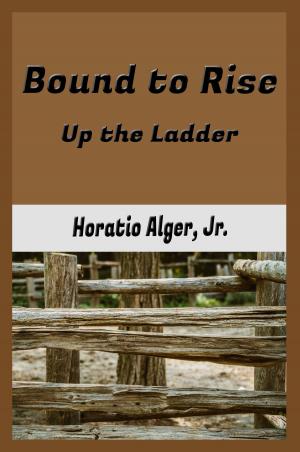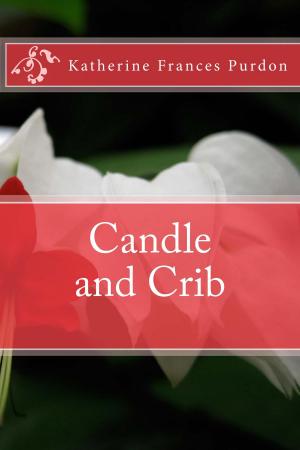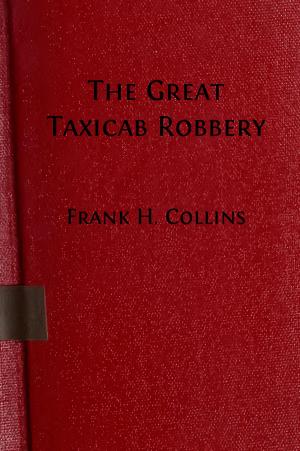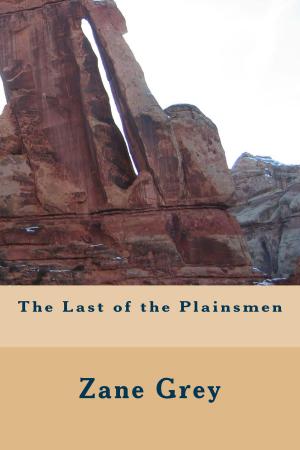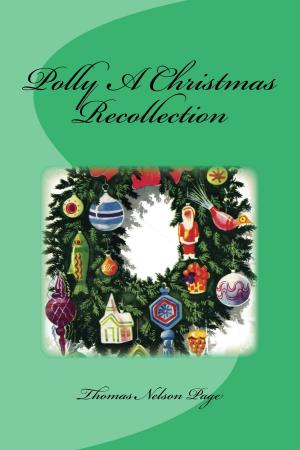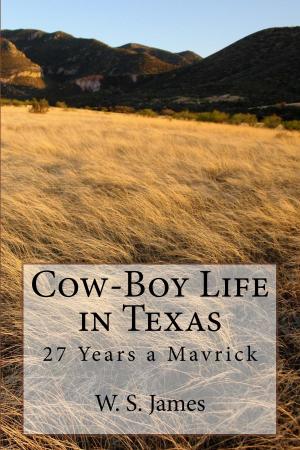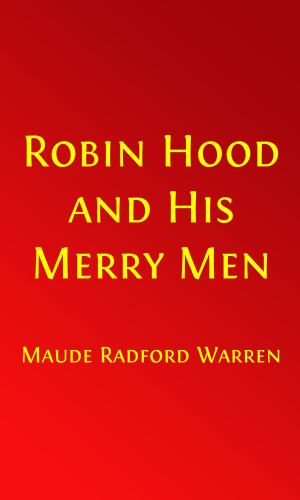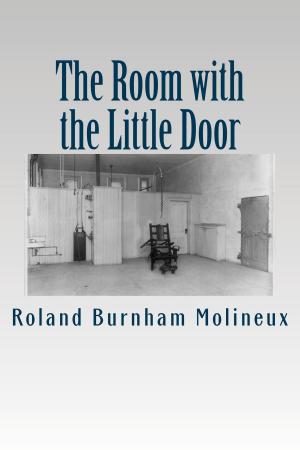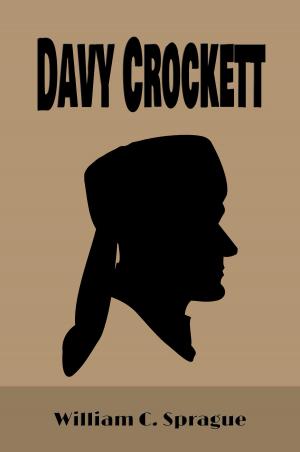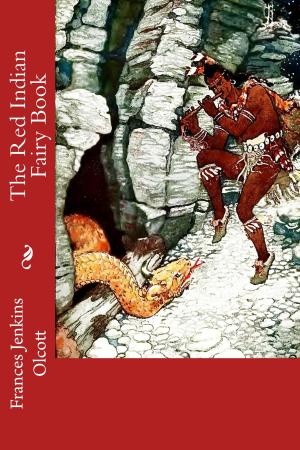Christmas Eve and Christmas Day (Illustrated Edition)
Fiction & Literature, Short Stories, Classics, Romance| Author: | Edward Everett Hale | ISBN: | 1230001431872 |
| Publisher: | Steve Gabany | Publication: | November 17, 2016 |
| Imprint: | Language: | English |
| Author: | Edward Everett Hale |
| ISBN: | 1230001431872 |
| Publisher: | Steve Gabany |
| Publication: | November 17, 2016 |
| Imprint: | |
| Language: | English |
Christmas Eve and Christmas Day. Here are ten Christmas stories [and an essay] by Edward E. Hale, some of which have been published before and some are brand new. That the volume is worth buying, worth reading, worth praising, the name on the title page gives sufficient guaranty There is a frontspiece by Darley. Source: New Outlook, Vol. VI, No. 27, Dec. 25, 1872.
Two of the stories are specifically for children. Certainly, they'd enjoy others, as well.
This edition of the book contains the original frontpiece, rejuvenated, and nine additional Christmas illustrations that are unique to this edition of the book.
Edward Everett Hale was born on April 3, 1822, in Boston, Massachusetts, the son of Nathan Hale (1784–1863), proprietor and editor of the Boston Daily Advertiser, and the brother of Lucretia Peabody Hale, Susan Hale, and Charles Hale. Edward Hale was a nephew of Edward Everett, the orator and statesman, and grand-nephew of Nathan Hale (1755-1776), the Revolutionary War hero executed by the British for espionage. Edward Everett Hale was also a descendant of Richard Everett and related to Helen Keller.
Hale was a child prodigy who exhibited extraordinary literary skills. He graduated from Boston Latin School at age 13 and enrolled at Harvard College immediately after. There, he settled in with the literary set, won two Bowdoin prizes and was elected the Class Poet. He graduated second in his class in 1839 and then studied at Harvard Divinity School.
He published a wide variety of works in fiction, history and biography. He used his writings and the two magazines he founded, Old and New (1870–75) and Lend a Hand (1886–97), to advance a number of social reforms, including religious tolerance, the abolition of slavery and wider education.
Hale lived from 1869 to his death at the Edward Everett Hale House in Roxbury. He maintained a summer home in South Kingstown, Rhode Island where he and his family often spent summer months.
Hale died in Roxbury, by then part of Boston, in 1909. He was buried at Forest Hills Cemetery in Jamaica Plain, Suffolk County, Massachusetts. A life-size likeness in bronze statue memorializing the man and his works stands in the Boston Public Garden.
Christmas Eve and Christmas Day. Here are ten Christmas stories [and an essay] by Edward E. Hale, some of which have been published before and some are brand new. That the volume is worth buying, worth reading, worth praising, the name on the title page gives sufficient guaranty There is a frontspiece by Darley. Source: New Outlook, Vol. VI, No. 27, Dec. 25, 1872.
Two of the stories are specifically for children. Certainly, they'd enjoy others, as well.
This edition of the book contains the original frontpiece, rejuvenated, and nine additional Christmas illustrations that are unique to this edition of the book.
Edward Everett Hale was born on April 3, 1822, in Boston, Massachusetts, the son of Nathan Hale (1784–1863), proprietor and editor of the Boston Daily Advertiser, and the brother of Lucretia Peabody Hale, Susan Hale, and Charles Hale. Edward Hale was a nephew of Edward Everett, the orator and statesman, and grand-nephew of Nathan Hale (1755-1776), the Revolutionary War hero executed by the British for espionage. Edward Everett Hale was also a descendant of Richard Everett and related to Helen Keller.
Hale was a child prodigy who exhibited extraordinary literary skills. He graduated from Boston Latin School at age 13 and enrolled at Harvard College immediately after. There, he settled in with the literary set, won two Bowdoin prizes and was elected the Class Poet. He graduated second in his class in 1839 and then studied at Harvard Divinity School.
He published a wide variety of works in fiction, history and biography. He used his writings and the two magazines he founded, Old and New (1870–75) and Lend a Hand (1886–97), to advance a number of social reforms, including religious tolerance, the abolition of slavery and wider education.
Hale lived from 1869 to his death at the Edward Everett Hale House in Roxbury. He maintained a summer home in South Kingstown, Rhode Island where he and his family often spent summer months.
Hale died in Roxbury, by then part of Boston, in 1909. He was buried at Forest Hills Cemetery in Jamaica Plain, Suffolk County, Massachusetts. A life-size likeness in bronze statue memorializing the man and his works stands in the Boston Public Garden.

